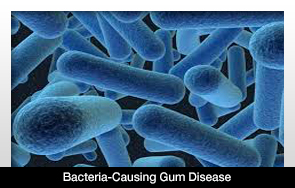 |
Dental hygienists in New Jersey may soon have the opportunity to increase their workload.
New Jersey Senator and dentist Joe Pennachio led legislation to permit dental hygienists to increase their allowable practices and increase their role in the dental profession. The legislation was passed by the State Senate this week.
The legislation, called S-298, included the following responsibilities that could be added to the hygienists’ role.
- Clarifies that any college or school training dental hygienists be approved specifically by the Commission on Dental Accreditation of the American Dental association.
- Allows certified hygienists to expand their practices under supervision of a dentist to any appropriately equipped school, clinic or public or private New Jersey institution, including nursing homes, veterans’ clinics, hospitals, prisons and facilities that treat persons with developmental disabilities.
- Specifies that dental hygienists may practice only in facilities having readily available emergency equipment as regulated by the State Board of Dentistry.
- Permits dentists to use discretion on when hygienists must practice under direct supervision, or under the physical management of a dentist, and restricts dentists to supervising no more than three licensed hygienists at on time.
- Mandates that dental hygienists can only administer local anesthesia, nitrous oxide and other anesthetic procedures designated by the State Board of Dentistry under the direct supervision of a dentist.
- Prohibits a dental hygienist from performing intraoral services aside from administering preventative measures, such as the application of fluorides, sealants and other recognized topical agents designed to prevent oral disease or discomfort.
- Establishes that only those licensed to practice dentistry in New Jersey may diagnose, treat or operate on another person and bill or receive payment for dental services.
According to current laws, dental hygienists must possess a degree from an approved school or college of dental hygiene and must be supervised by a licensed dentist. There are various procedures that can only be performed when a dentist is supervising, according to the Board of Dentistry. There are no guidelines in regards to the training for cardiac life support.
Before the law gets put into practice, it must be passed by the Assembly Regulated Professions Committee, and later by the full Assembly. If these hurdles are cleared, it can be signed into law by New Jersey Governor Chris Christie

|










